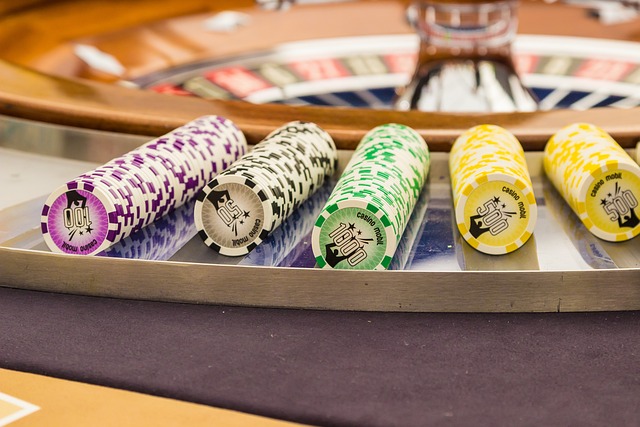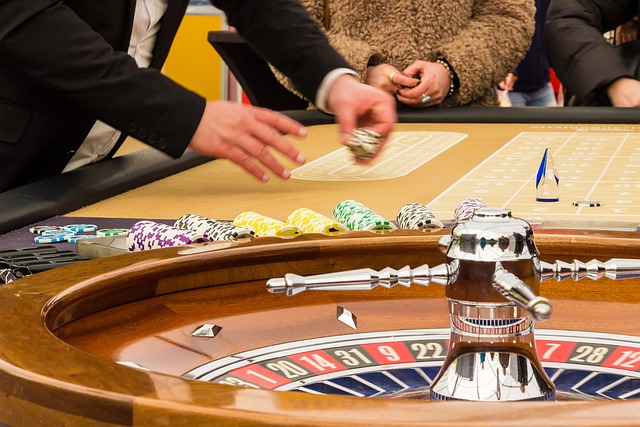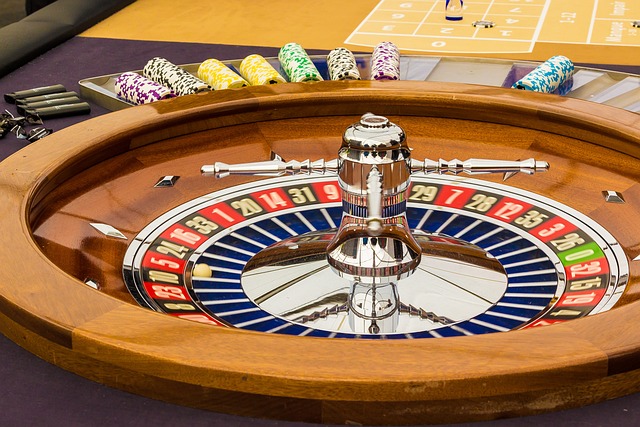At the heart of every casino game lies a mathematical structure. Whether it’s a roll of the dice, a spin of the roulette wheel, or a shuffle of cards, the outcomes are governed by probabilities and statistics. By understanding these underlying principles, players can better appreciate the nature of their bets and, in some cases, refine their strategies. Before you get into the details, make sure to check Bizzo Casino for the latest casino games online.
Probability: The Backbone of Every Bet
Probability is a measure of the likelihood of a particular outcome. In casinos, every game has its set of probable outcomes. For example, when rolling a fair six-sided die, there’s a 1 in 6 chance, or approximately 16.67%, of any particular number landing face up. While individual results are unpredictable over a short span, over numerous rolls or spins, the results tend to converge towards these probabilities.
House Edge: Ensuring Casino Profitability
The ‘house edge’ is a term often heard in casino circles. It represents the mathematical advantage the casino has over the players in the long run. This edge varies across games. For instance, in American roulette with its double zeros, the house edge is about 5.26%. In contrast, in European roulette with a single zero, it’s approximately 2.7%. This edge ensures that while players might win in the short term, casinos will always profit over extended play.
Strategy Games vs. Games of Chance

Casino games can be broadly categorized into two types: games of strategy and games of chance.
Games of Chance
These are games where outcomes are entirely random, like slots or roulette. No strategy can influence the result, and the odds are constant.
Games of Strategy
Games like blackjack or poker involve skill. While there’s still an element of chance, players can use strategies to optimize their odds of winning. For example, in blackjack, understanding when to “hit” or “stand” based on your cards and the dealer’s visible card can significantly influence outcomes.
Odds and Payouts: The Reward Ratio
Payouts in casino games are intricately linked to their odds. Games with less probability of winning typically offer higher payouts to balance the risk. For instance, in roulette, betting on a single number yields a 35:1 payout, reflecting its low probability. Conversely, betting on red/black, which has close to a 50% chance, pays out at 1:1. Understanding this ratio helps players assess risk versus reward.
The Role of Variance: Predicting Payout Patterns

Variance refers to the fluctuations in a player’s bankroll during a gaming session. High-variance games, like slots, can have long-losing streaks punctuated by big wins. Low-variance games, on the other hand, offer more frequent but smaller payouts. Knowing the variance can guide players in setting their betting strategy and managing their bankroll.
Psychological Play: Casinos and the Illusion of Control
One fascinating aspect of casino games is how they often give players an illusion of control. This psychological trick, whether it’s choosing lottery numbers or deciding when to hit the spin button on a slot machine, can influence players’ perception of their odds. In reality, these choices rarely impact the outcome, especially in pure games of chance. Recognizing these psychological tactics can help players maintain a more objective perspective when making decisions.
